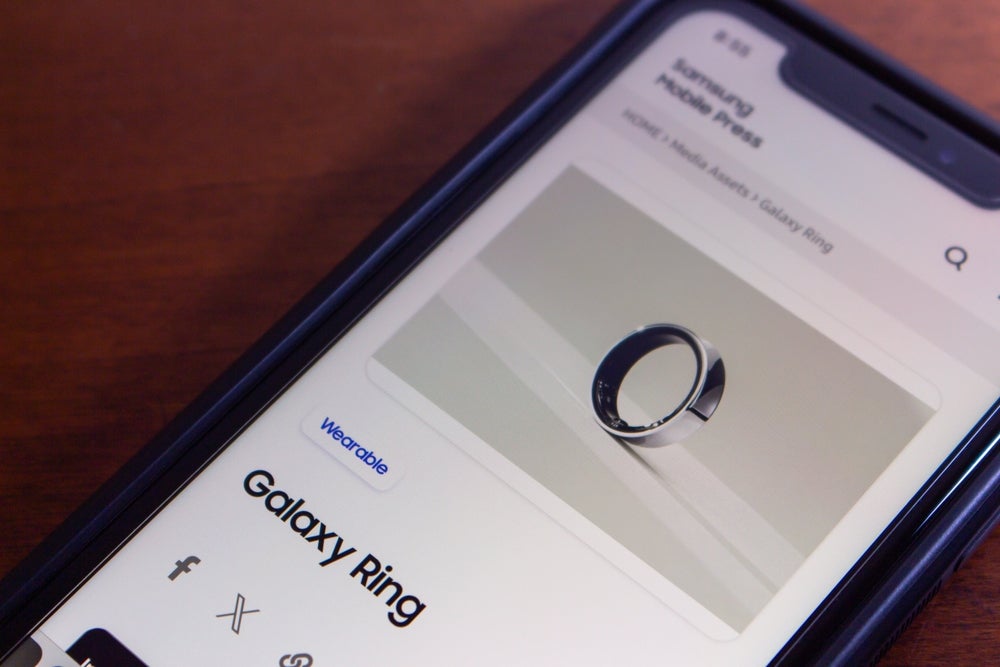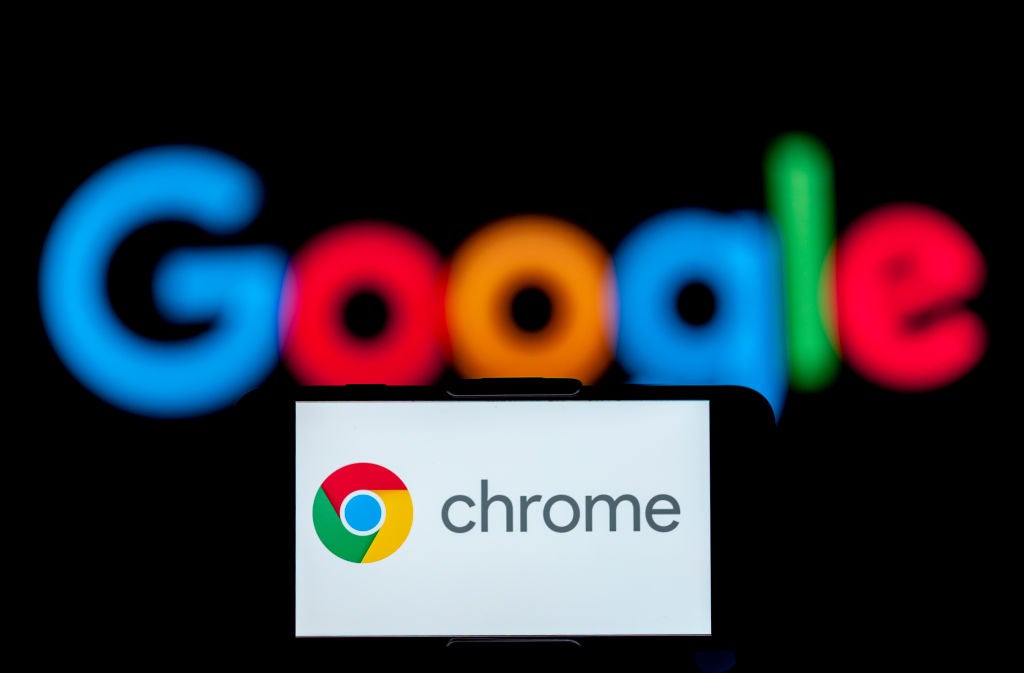Google has been reportedly working on the development of its own physical and virtual debit card, Google Pay, in a bid to rival Apple’s credit card. But what’s the big prize at stake?
Apart from point-of-sale purchases using the chip-reader, the Google Pay card is not expected to offer more than what a virtual pay card or mobile-wallet offers. The physical card would still be linked to a bank account and the Google Pay app would serve as a banking app.
But the biggest prize at stake is that by issuing a debit card, Google has the opportunity to unlock new streams of data that could be leveraged towards the Google Ads business, as well as new revenue by expanding business to the fintech ecosystem.
The biggest challenge for achieving these is set to be consumers’ adoption, but things look more promising than with mobile wallets.
Google Pay can provide data to grow Google Ads
Having the largest search engine and video streaming platform in the world might be enough to capture all data on consumer behavior based on online activity. However, a large part of consumer behavior still takes place through physical transactions. Moreover, online data can be vast, but not necessarily providing information on actual purchases, on which Google is mostly interested.
Accordingly, becoming part of the payment ecosystem through a physical card means access to a rich source of valuable data. Consumers’ preferences can be used by Google to feed into its online advertising platform business. This will help improve targeting and ad campaign measurement. Even if the card’s policy would not allow sharing data with third-parties, it does not prevent Google from leveraging these data for itself.
How well do you really know your competitors?
Access the most comprehensive Company Profiles on the market, powered by GlobalData. Save hours of research. Gain competitive edge.

Thank you!
Your download email will arrive shortly
Not ready to buy yet? Download a free sample
We are confident about the unique quality of our Company Profiles. However, we want you to make the most beneficial decision for your business, so we offer a free sample that you can download by submitting the below form
By GlobalDataAnother valuable stream of income – and not just interchange fees
As a payment processor, Google could potentially have its own share of the interchange fees applied on purchases made with the cards. It could also set up its own online checking accounts and leverage that money as a traditional banking firm or even become one, but that seems too far-fetched for now.
What looks more promising and more likely for Google as a tech company is to develop a fintech ecosystem. A debit card and checking accounts could be the first step for Google to tap into fintech businesses such as digital payments, cybertech, and wealth management. Google’s enormous financial and technological strength along with the synergies created with existing apps and the Android operating system, would lead to a massive competitive edge for developing fintech solutions and integrate financial services.
Google’s card can be successful
Google has been laggard and less successful in the payments ecosystem than its biggest tech rivals. Apple launched its credit card, Apple Card, in August 2019, while Google’s Wallet debit card launched in 2013 was unsuccessful. Moreover, Google Pay has the smallest user base among Amazon Pay, Samsung Pay, PayPal and Apple Pay, while mobile wallets penetration has been fairly limited overall, at less than 5% in all large developed markets.
The biggest barrier for the adoption of mobile wallets has been the consumers’ loyalty to traditional payment methods either because of habitual convenience using physical cards or security concerns. The Google Pay physical cards can address both. In fact, a big selling point is that the Google Pay card can be much more secure than a standard debit card because it will not share card details with merchants, other than a virtual account number to fulfill the transaction.
Moreover, adding other features such as connected services that only a big tech can offer, as well as financial incentives such as cash rewards – like those of Apple Card will be the key for adoption.








Related Company Profiles
Apple Inc
Google LLC
PayPal Holdings Inc